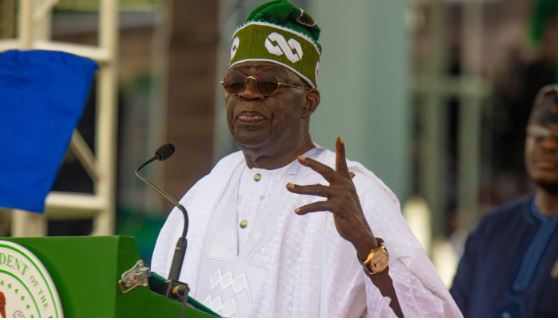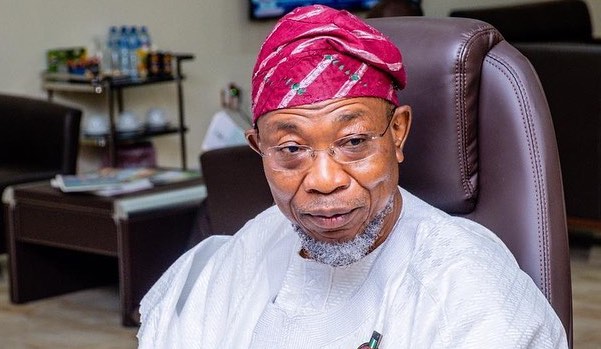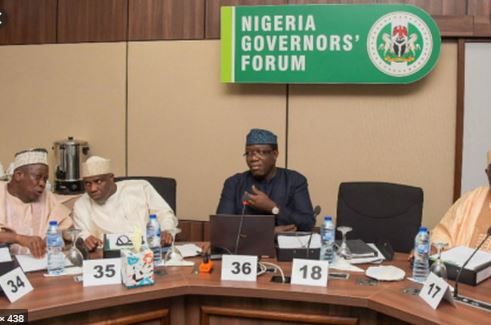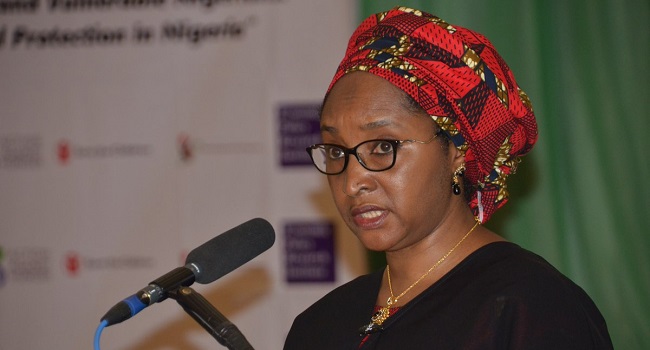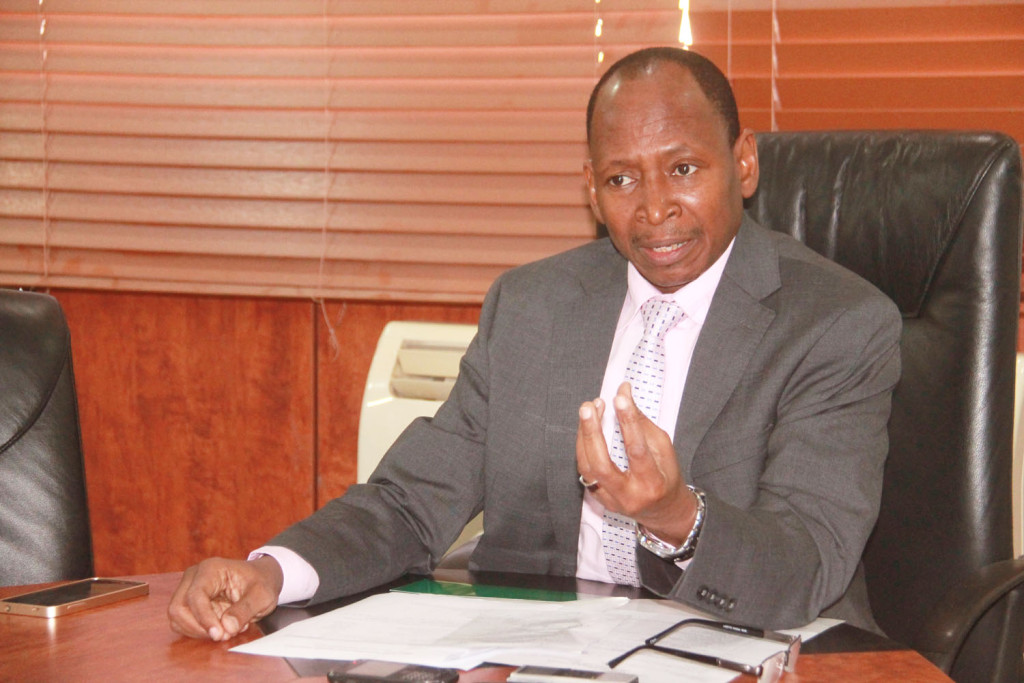The Federal Government has predicted that 94 towns are at risk of a five-day flooding beginning Tuesday, July 16, and ending on July 20, 2024.
The Minister of State of Environment, Dr. Iziaq Salako, on Tuesday noted that the identified locations and their environs would likely witness heavy rainfall that may lead to flood within the prediction period.
He listed the concerned states as Adamawa State (Gbajili, Ganye); Abia State (Eziama, Arochukwu); Anambra State (Onitsha); Akwa Ibom (Uyo, Upenekang, Oron, Edor, Eket, Obianga, Etinan); Bauchi State (Tafawa Balewa, Bauchi); Bayelsa State (Letugbene); Borno State (Maiduguri); Cross River State (Ikom, Calabar, Itigidi, Akpap); Nasarawa State (Udeni, Tunga); and the Federal Capital Territory (Abaji, Bwari).
Other are Jigawa State (Miga, Ringim, Dutse, Hadejia); Kano State (Gezawa, Gwarzo, Kano, Karaye, Wudil, Sumaila); Kebbi State (Gwandu, Jega, Kangiwa, Gauri-Banza, Ribah, Sakaba, Saminaka, Kamba, Birnin Kebbi, Bunza, Argungu, Bagudo); Katsina State (Bindawa, Jibia, Kaita, Katsina, Daura, Funtua); Kwara State (Kosubosu); Niger State (Ibi, Bida, Kontagora, Mashegu, Minna, New Bussa, Katcha, Rijau, Wushishi); Plateau State (Jos, Mangu); Rivers State (Port-Harcourt, Onne, Okrika, Bori); Sokoto State (Makira, Goronyo, Isa, Silame, Sokoto, Wamako); Taraba State (Gembu, Beli, Garkowa, Gasol, Serti, Donga, Duchi, Gwarzo, Gun gun Bodel); Yobe State (Gashua, Gasma, Damaturu, Geidam, Kanama); and Zamfara State (Kaura Namoda, Maradun, Shinkafi, Bukkuyum, Majara, Gummi).
Salako, however, urged stakeholders in the country to mitigate the flooding.
On whether the Cameroonian government had notified the ministry of when it would open floodgates of the Lagdo Dam, the minister stated that it was the Ministry of Water Resources and Sanitation that manages dams.
“If there’s going to be any issue around the Lagdo Dam, they will inform the Ministry of Water Resources and Sanitation, but I’m not sure they have had any information because if they have any information, they usually also transmits such information to us at the federal level,” he noted.
Meanwhile, the Sokoto State government has disclosed its readiness to avert any possible flooding across the state this year.
The Commissioner for information, Sambo Danchadi, while speaking with one of our correspondents, said the state government, through one of the Sokoto Emergency Management Agency, was working round the clock to maintain a safe environment.
Also speaking, the Director of Relief and Rehabilitation at the Sokoto Emergency Management Agency, Mustapha Umar, said the agency had carried out sensitisation and awareness programmes in flood-prone areas.
He said, “We even had an evacuation plan, the National Emergency Management Agency asked us to submit our plan and designated areas in case of flood and we have collated that and submitted it to them already.
“We have done a lot in terms of dishing out information to the people and creating awareness for them on dangers involved with flood,” he added.
Also, the Bayelsa State Directorate of Flood and Erosion Control said it would continue the task of clearing natural drains within Yenagoa and its environs to mitigate the impact of this year’s flood.
The chairman of the directorate, Walson Omuso, noted that the chairmen of the Rural Development Authorities were locating higher grounds for the erection of makeshift relief camps.

